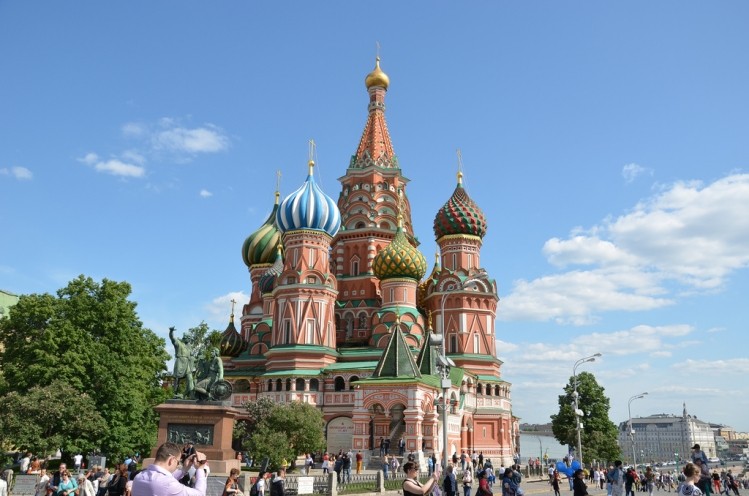Russia's clinical trial approvals 'on the increase'

The Ministry of Health of the Russian Federation approved the start of 203 new clinical trials of all types during the quarter, including local and bioequivalence studies, with the number of phase III trials rising 14% to 90, according to figures provided by contract research organisation Synergy.
Russia has been a popular location for clinical research for several years, because its centralised healthcare infrastructure allows for rapid patient recruitment and retention and has a large number investigating sites certified to Good Clinical practice (GCP). Meanwhile, costs per patient tend to be 60% to 70% lower than in Western Europe and the US.
Law reforms
Five years ago, a controversial law aimed at improving access to innovative medicines in Russia backfired, having a profound negative impact on the clinical research sector in Russia, largely because of sheer complexity and a lack of detail on how to comply with the requirements.
A reform of the law started in 2012 and culminated in a revised text at the end of 2014, according to the Moscow-based Association of Clinical Trials Organizations (ACTO), which notes that the bulk of the changes came into effect in July.
Among the changes was a removal of the 2010 requirement that sponsors had to carry out preclinical studies and then draw up a registration dossier before clinical trials could take place, a blanket requirement for bioequivalence trials for all medicines - even if they were not feasible - and stringent rules on the eligibility of clinical investigators.
"Our legislation put the cart before the horse," said ACTO in a report on the sector published earlier this year. "Around the world, the pharmaceutical company first obtains all the proof of efficacy and safety for the future medicine, and only then brings it for authorisation process."
The reforms have solved many but not all problems - for example investigator sites still need to go through an arduous registration process - but overall the changes are "quite positive," according to the organisation.
That view is backed up by Synergy's data, which showed that the number of international multicentre clinical trials (IMCTs) increased to 86 from 72 in the third quarter of 2014, while the number of bioequivalence studies increased from 67 to 77.
Import tariffs reduced
Meanwhile, both Russia and neighbouring Ukraine have reduced the duty levied on medicines imported for use in clinical trials, lowering a hurdle that has proved a disincentive to trial sponsors, according to Mathilde Niessen Fisher Clinical Services.
In the case of Russia, the country has the levy to 5.3% from 7.7% for chemically-synthesised drugs and maintaining it at 3% for biologics, she said in a recent blog post, noting that the move "has made it even more affordable for companies to conduct trials in the world's largest country."
Meanwhile, Ukraine has gone a step further and not only reduced import tariffs but also done away with regulations that according to Niessen were a major frustration for trial sponsors.
The import tax on drug shipments has fallen to 12% from 20%, of which 7% is tax and 5% is a special fee.
"No longer are study sponsors required to obtain an umbrella license before a study can commence, nor is an import permit required for every shipment of drugs," she noted. "Now, importation of drugs can begin as soon as Ukraine's Ministry of Health approves the clinical trial and a distributor gets the go-ahead from the importer."
The changes have reduced to two weeks the time necessary for a first drug shipment to reach Ukraine, assuming that a sponsor enlists the help of an experienced clinical supply partner to handle distribution and importation, she added.
Meanwhile, political unrest does not seem to have derailed clinical trials in Ukraine, where according to Fisher some 77 new trials are currently recruiting patients. Nevertheless, sponsors are advised to avoid the eastern provinces of Luhansk and Donetsk, where there is conflict between Ukrainian forces and pro-Russian separatists.
























